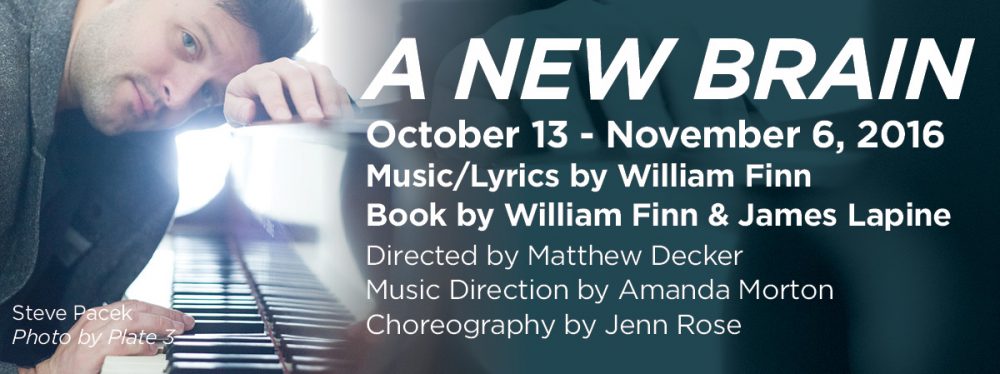Race is ridiculously difficult to talk about—certainly up there with politics and religion (if not beyond). It’s impossible to be completely objective, easy to offend, and simple to fall into defensive stances. That is all to say, it’s excellent subject matter for theater—messy, complicated and hard.
This year, Theatre Horizon launched its Diverse Voices Reading Series. The goal is to hear celebrated plays that spark dialogue about race. These plays are being considered for inclusion in future seasons. The next play in this series reminds me of just the very conversation about race we hope to inspire: it unravels, it builds upon itself, it asks questions, it’s seemingly reserved and then BAM—you find yourself in a the middle of a heated debate.
Bee-Luther-Hatchee by Thomas Gibbons is about a young editor who sets out to meet a reclusive author. Her investigation leads to unexpected confrontation, played out on the edge of the racial divide. I’d love to tell you more… but that would rob us of some excellent fodder for conversation next month. Let’s just say, if on December 9, you don’t leave the theater talking about this play, and hopefully the issues it brings to light, then I’ve failed to do my job as director. Which reminds me of the actual topic for this post…
What exactly is a director’s job during a reading?
Beats me. I mean, I assume it’s no different than a director’s job during a full-length production… not that I’m any more confident in that job description. But, what I can tell you is that readings are tough little nuts to crack. Here are a couple of the many reasons:
- Firstly, there’s never enough time. To prepare for the reading, to do proper dramaturgical research, to rehearse… we do hope to steal four hours of rehearsal for Bee-Luther-Hatchee… a luxury for most readings.
- Many of the normal tricks of the trade (things that can help clarify story, i.e. props, lighting cues, costumes, sound cues) are stripped away from you… mostly because of #1 and also a little because of #3.
- There’s not much money. Readings are a way for authors, actors, directors and producers to get together to see what’s next for a play. Do we want to produce this play? Does it need a workshop? How about we bring it to Broadway? Most outcomes require the producers to pony up some amount of cash… needless to say, one tries to put as little money into these things as necessary. (Thanks to Pennsylvania Humanities Council, Theatre Horizon is able to pay all those involved with bringing our readings to life, not to mention that we are able to offer the reading free-of-charge to you—our audience.)
- What stage directions get read? Who reads them? Do they help tell the story or do they distract from the story?
- Did I mention that there’s never enough time? You probably won’t even get a full reading of the play completed before it’s actually time for the audience to arrive. This means that the director and the actors don’t get to hear the whole thing out loud, in order, until there’s an audience. So… that’s stressful… but it’s also magical.
So there you have it… a difficult topic—race—in the context of a difficult form of theater—the reading. It’s going to be a night of theater (and dialogue) you don’t want to miss. Availability is limited so reserve your tickets now by clicking here.
